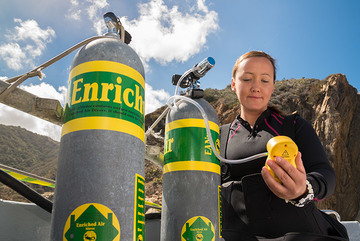 PADI Enriched Air Diver PADI Enriched Air Diver Enriched Air (often referred to as Nitrox) can enrich your diving experience, and I have found it especially beneficial on dive vacations, when I am adventuring beneath the waves on multiple dives every day. As with anything, there are risks involved with using enriched air, but those risks are easily mitigated once you know what they are. For this reason, dive shops will not fill your tanks with Enriched Air unless you can prove you have successfully completed the Enriched Air course. Air is comprised of 21% oxygen, and roughly 79% nitrogen (included are waste gases and other trace elements, but nitrogen comprises the lion’s share of the remaining gas portion). You know that when compressed gas enters our tissues, they become increasingly saturated with nitrogen as the dive progresses, and therein lay the struggle that occupies the minds, and fills the course content of scuba divers and the educational curriculum of this sport. Our safety stops at the end of a dive (3 minutes at 5 metres or 15 feet) give our bodies a little extra time to off-gas that nitrogen from our tissues at a safe, slow rate. When diving enriched air, the higher oxygen content, translates into lower nitrogen content, meaning our bodies are absorbing less nitrogen throughout the dive to begin with. What does that mean to us? 1. Enjoy a longer allowable bottom time (YAY!). You can extend your "No Decompression Limits" with recreational enriched air, because you are reducing your nitrogen absorption. Take a look at the chart above. Diver #1 on 36% enriched air can dive for over 200 minutes at a depth of 50 ft. Diver #2 breathing air can only dive for 70 minutes. That's a big difference! What I like about that, is that I often finish my dive long before I reach those time limits, so my nitrogen levels are much lower. Awesome! Review: Your "No Decompression Limit (NDL)" is the time limit for the length of time you can stay at a given depth safely, without requiring mandatory decompression stops (only for tech divers with specialized training and equipment). A recreational diver should never have to do a decompression stop, but if you accidentally exceed your recreational limits on a dive, and your computer tells you to make a decompression stop, do it! 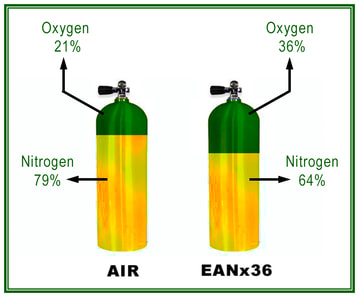 2. Enjoy shorter surface intervals. Again, you are absorbing less oxygen, so your off-gassing time will be shorter; yes you will be back in the water sooner than your air-sucking friends! 3. Enjoy longer repetitive dives. I know, it is a common theme, but because you are reducing your nitrogen intake and absorption, you can enjoy longer multiple dives than if you were only breathing air! I find enriched air particularly beneficial on a scuba vacation, especially scuba liveaboards! 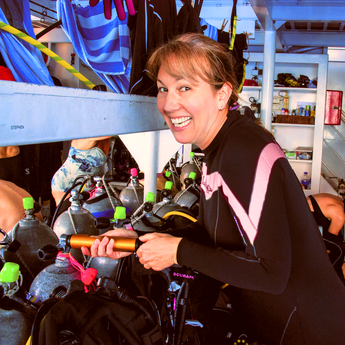 Analyzing my nitrox tank before a dive on the AquaCat liveaboard. Analyzing my nitrox tank before a dive on the AquaCat liveaboard. Side anecdote: Annie and I were on a scuba liveaboard earlier this year. We were both diving 32% enriched air, and Annie was using 2 dive computers, her main one, and her new back-up computer. On the second day, on an afternoon dive, she heard a computer alarm going off, and checked her main computer, which reported that she was fine (it was not making any noise). She assumed it was another diver's computer, and resumed her dive. Later, while we were eating cookies and drinking Norm's famous ginger-tea during our surface interval, she discovered, looking at her computers, that it was her back-up computer. Her main computer was set to 32% enriched air, but her new back-up computer was still set to air (she had forgotten to set it to nitrox). It had been warning her that her safe minutes were almost up, and it was time to end the dive. It just goes to show, that if she were diving air, her subsequent dives were going to become shorter and shorter to keep her nitrogen at a safe level. We did about 4 dives a day on that trip for 9 days, so enriched air (or Nitrox) was a must for me! 4. Feel Energized! Although PADI says there is no scientific proof to show that you feel less exhaustion and more energy when breathing higher levels of oxygen, nitrox divers will often swear to you that they feel less tired after a dive, and have more energy. Who knows? Judge for yourself. What will I Learn on the PADI Enriched Air course? You will learn why diving with air that has higher oxygen and lower nitrogen content gives you more bottom time, along with enriched air equipment considerations. During a practical session, you will:
The PADI enriched air course is one of the most popular courses in the program, because scuba diving with enriched air nitrox gives you more no decompression time, especially on repetitive scuba dives. If staying down longer and getting back in the water sooner sounds appealing, then don’t hesitate to become an enriched air diver. When is the NEXT PADI Enriched Air Diver Course? Click on our Calendar of Events below, to see courses and trip schedules,
or call 905-898-5338 to talk to an associate today. The class runs in one evening, so it is easy to accomplish - let us know when you want to take the course, and we can try to accommodate you!
0 Comments
Leave a Reply. |
FlickrAlbumAuthorsJill Smith Archives
January 2024
Categories
All
|
Our Services |
Company |
SupportOur Blog
|
|
Copyright © 2014
|
Newmarket, ON
|
(905) 898 5338
|

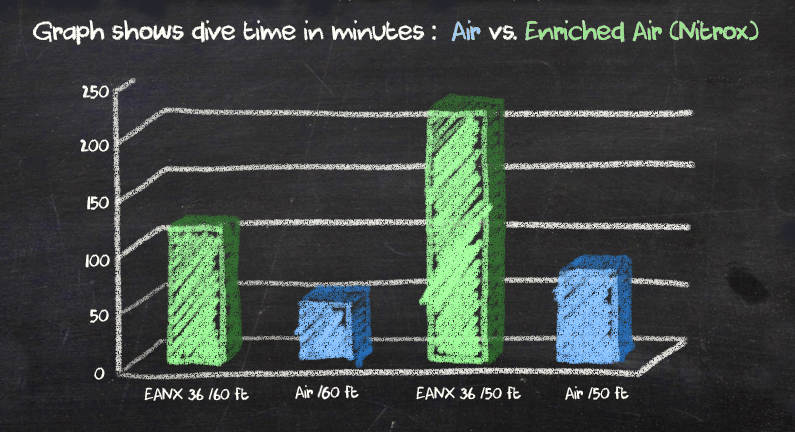

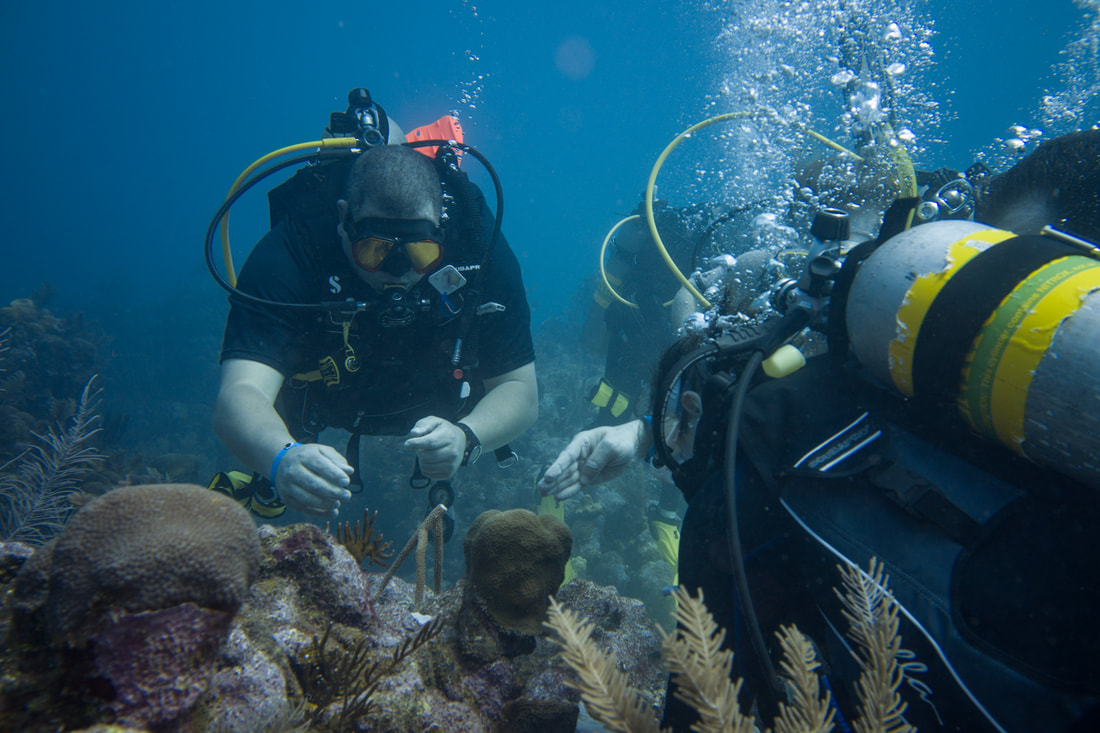
 RSS Feed
RSS Feed

